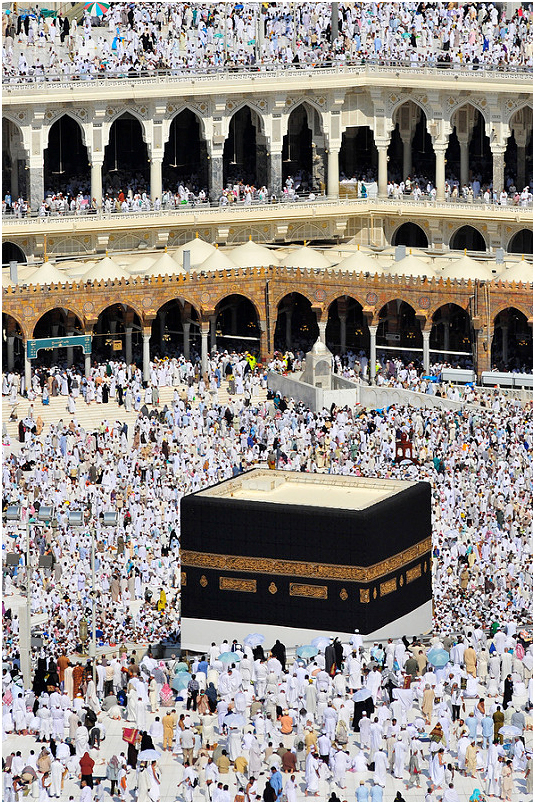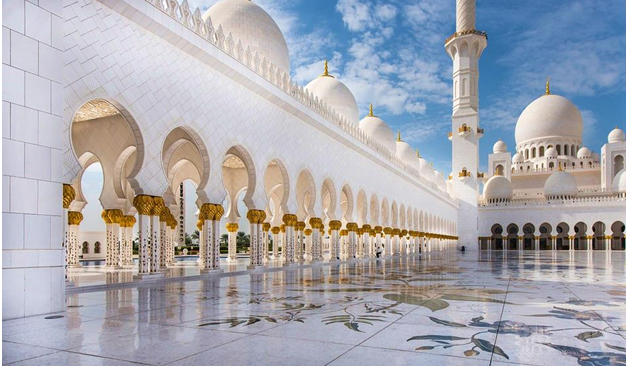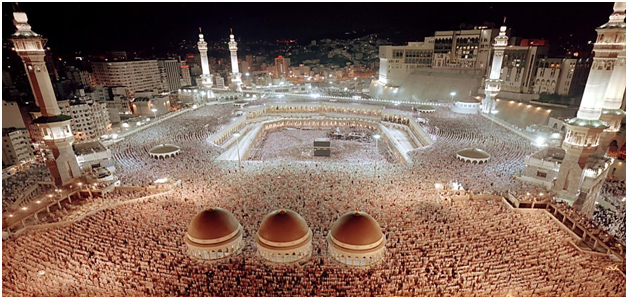Everyone has spiritual needs.
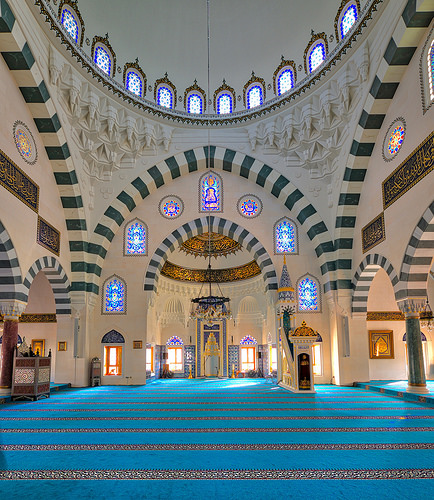
Photography: MD Phillips
Yet the desire to nourish the soul may not directly take on religious dimensions. Spirituality is manifested in many different forms but is generally attained or practiced by various mental and physical activities.
Some people simply want to rationalize how their lives fit into the cosmos (and continuously reinforce it by reading, thinking, visualizing, etc.). This is a type of spirituality for them. Some find this in science or other rational disciplines such as philosophy. Others are looking for a code or community to commit to in life while many find inspiration in what they consider sacred such as their national heritage. Still others find it in things considered spiritual in the popular sense or in unseen realms. Many like to follow the progress of a cause, or idolize people or humanity. Others need psychological balance in their lives and look for it everywhere from therapy to meditation to bodily experiences. Many turn interesting activities like hobbies, sports and even recreation into sources of spiritual fulfillment of a sort. And we could go on.
As absurd as this may sound, it actually makes a lot of sense if you know what Islam means and why people unconsciously engage in such activities. Islam implies holistically committing one’s being in terms of your purpose and function to something ultimate—the Supreme Being.
All spiritual activity ultimately aims at giving us a purpose and function that fits into something bigger. It gives our lives, or at least a particular spiritual activity, a meaning in terms of something larger, higher, and transcendent. Because human beings possess two profound things—intellect and choice—, we have a deep desire to understand what the overall picture of life and the universe is and how we fit into it (our purpose). After figuring this out, we want to make the choice to do our part within whatever that scheme is (fulfill our intended function).
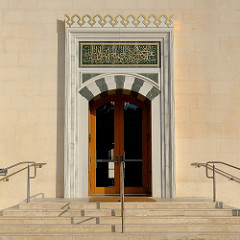
Photography: MD Phillips
We seek meaning to our lives in something beyond life and beyond the universe because we innately know that nothing can be defined relative to itself, so we and the universe as a whole must be defined by what’s beyond. Man is not fundamentally a materialistic creature.
Likewise, nothing can give itself a basic purpose; that can only be given by its creator. So we too must seek our purpose and function (as well as that of the universe) from our Creator.
Similarly when we seek nourishment of the soul (or whatever one calls it), we not only want to be reminded of our purpose and function but somehow communicate our status and plight to the ultimate source of power, compassion and wisdom. This is why everyone—even an atheist when his plane is crashing—looks to heaven for hope. It is not just built into us, it is the fundamental as well as ultimate conclusion of our intellects. Even if some choose to deny it, it will never go away from most of humanity nor cease to be the one thing almost all people can agree on as true.
“This is the innate nature which God instilled in mankind—there is no altering God’s creation…though most people do not realize it. …” (Quran 30:30)
Yet too often spirituality does not reach directly out to the ultimate, uncreated true source of meaning, inspiration, love and guidance. Instead it settles with things which are created like us and merely remind us of what our inner beings really desire (an intellectually and emotionally convincing relationship with the Creator).
Inspirational people or things, abstract ideas, physical activity, or even ghostly entities can never provide true blessings and guidance for they either don’t have any personality to care or lack the supreme power to truly better your plight. Nor of course can they give our lives truly meaningful direction.
“O Humanity, what has lured you away from God, your generous Lord, who created you, shaped you, proportioned you, in whatever form He chose?” (Quran 82:1-19)
Every time you engage in something spiritually fulfilling, that’s what you are unconsciously trying to achieve. We feel good when we relate to something higher.
But in reality it’s not high enough. We cannot be truly satisfied with spiritual experiences unless they are with the highest “thing” or being of all—the one who created everything and is the source of everything. With Him you can not only bring together yourself with the universe in a unified, comprehensive spirituality but actually seek solace and support from the very target of your spiritualism.
The often hidden need for God is so essential that if we don’t reinforce it often, we tend to frantically grab onto anything around us in hopes of gaining fulfillment through the various forms of spiritual activity people commonly engage in, as described in the beginning.

Sacred things—be they our heritage or objects and ideas of reverence—fill the desire to be in touch with things related to God and all things made holy by their association with Him. Psychological problems in people who are otherwise mentally healthy can also be seen as rooted in a spiritual deficiency and/or imbalance. Meditation and contemplation similarly can become spiritually incomplete exercises if they don’t relate to the very Creator of the spirit itself—God—and the one our souls naturally wants to return to for ultimate love, meaning and guidance.
So all of these things unconsciously assume a supremely intelligent and even caring God who created a universe with purpose, has concern for what will become of it and to whom we must all return now, again and finally.
Thus to gain the ultimate, comprehensive spiritual experience, your spirituality should relate directly to what is highest of all and the root of the problem, so to speak, in a way in which there will be direct interaction with the One we really seek. Furthermore, this spirituality should not just take on a few dimensions in a select number of activities. It should encompass your whole life, your whole being. Otherwise, you will continue to suffer the emptiness and non-fulfillment in other aspects of your life.
Islam—the teachings of all divine prophets throughout the world—tells you exactly what your purpose and function are. It allows you to relate directly to the highest level and ultimate goal of all spirituality. Of all religions and spiritual systems, there can be no doubt Islam is the one most about God and the individual. Yet it also prescribes comprehensive means by which you can connect all that is around you into one experience with God. It holistically balances the individual with everything in creation via the Creator yet simultaneously cultivates the individual’s personal relationship with God. So the soul is nourished by approaching God via the universe (the objective) and via the personal (the subjective).
Islam, on the other hand, is neither an Eastern nor Western path so you will not find anything comparable to its solution for spiritual needs in the entire world. It offers inspiration, inner healing and fulfillment for every spiritual need, of any inclination in a completely unique and extremely effective way.





